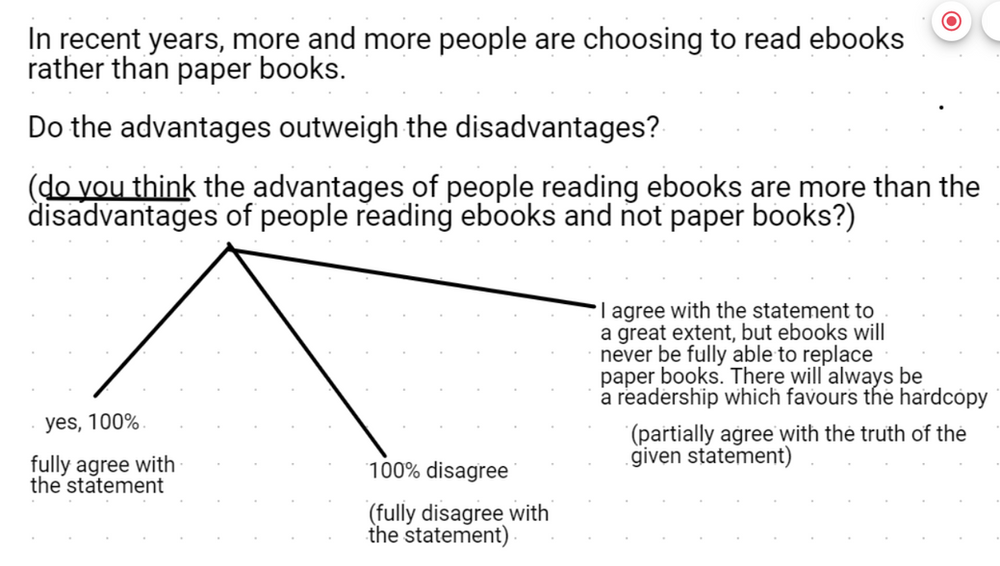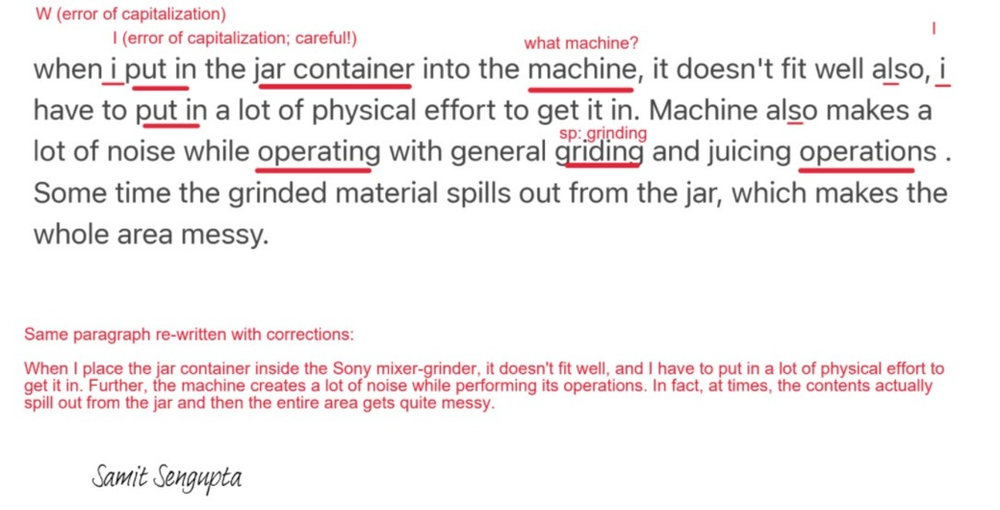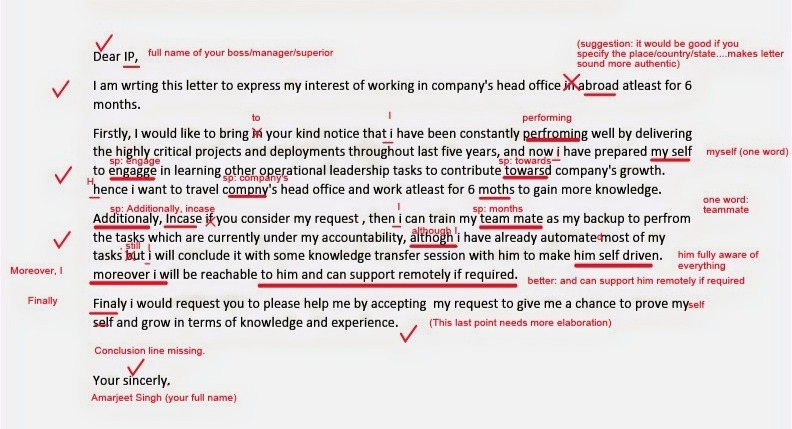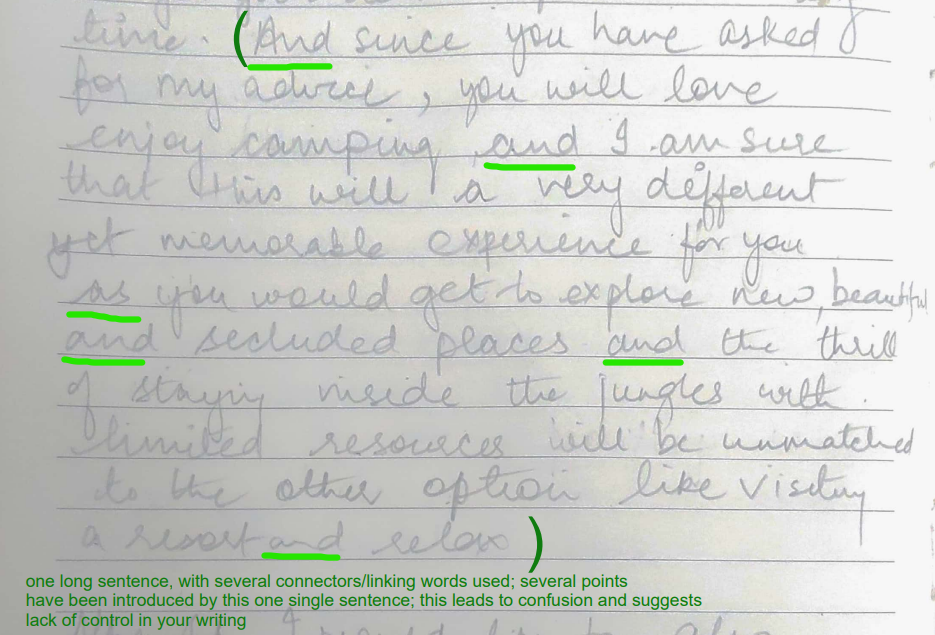The other day, I came across a question on Quora. The person wanted to know why he achieved only a 6.5 band in the IELTS writing module. Didn’t seem fair, since he had scored quite well in the other three modules. He is a General Training candidate after all. The Express Entry score – 8,7,7,7 – demands that you secure a 7 in the Writing module as well. Hence our questioner was wondering if he should give the paper for revaluation. May be the IELTS examiners had made a terrible mistake? . . .
Not necessarily, you know.
First, you don’t get a 7 in writing just because you did so well in the other three modules. It doesn’t work that way at all. Writing is a different kettle of fish, and you have to follow its basic principles in order to secure your required band in this module. Failure to do so may result in repeated disappointments. Surely, you don’t want it to become a classic case of so near yet so far?
Let me, therefore, take you on a journey of self-analysis and discovery. And hope that all of you out there profit from it. . .
Did you address what you were expected to do in the Essay?
Surprisingly easy to overlook this one. You may be asked to either “discuss both sides of an issue”, or answer a question. Alternatively, you may need to state your opinion. Confusingly, it may even be a mixture of all these types.
Whatever, the candidate should identify and fulfil these instructions in no uncertain terms. There should be no room left for ambiguity. Your introduction paragraph should tell me
-
- What the background, or the context of the current essay is
-
- What your answer/s to the question/s or opinion asked is/are
-
- what the reason/s is/are for maintaining your stand
Do you get it? The first paragraph itself is your answer in brief. As my Class XI English teacher used to say, “Son, no one is as interested in your paper as you.” Your answer should be in the very first paragraph itself of your essay . It is wise to not test the patience of the IELTS examiner.
Let’s take the example of a rather simple essay question:

A tell-all introduction would sound somewhat like this:
“In the opinions of many, remaining associated with one organization for the entire length of their professional lives is a preferred option. However, there are those who beg to differ and consider switching jobs at regular intervals to be the way forward. According to me, it is – and should ideally be – a matter of personal preference, since one contributes to security and stability with steady growth over a period of time, while the other enables you to rapidly climb the corporate ladder in a much shorter span.”
Doesn’t leave much to the imagination, does it? More importantly, have you also framed your essay introduction in a similar manner?
Did you elaborate the points sufficiently?
The Body section should elaborate on the points that you had already mentioned in the Introduction paragraph. There you had clearly stated the reason/s as part of your response. But did you dwell sufficiently on each point before moving on to the next one? IELTS examiners are on the lookout for essays that exhibit a candidate’s willingness and ability to write at length. The idea is to extend a point and develop it to its logical conclusion.
Something like this:
“The primary benefit of visiting unknown – though often hostile – destinations is that such a traveler is provided with an opportunity to experiences places that she hasn’t been to before. The Sahara desert, the Antarctic, or even the Amazon rain forest have beckoned the adventurous to see mother nature in all her wild beauty. Far from the madding crowd, away from the pressures of modern-day existence, one is able to appreciate this world in a way that, perhaps, has not be possible in a long time. Chance encounters with the nomadic tribes of such areas often leave indelible impressions on the minds of the tourists, as they come face to face with different languages, customs, and an altogether different lifestyle. The experience must be lived through in order to be believed.”
Do you see? The first line of the body paragraph provides what is often referred to as the “topic sentence”, i.e. what the paragraph is going to deal with. The remaining lines build on this point. You may either write the way it has been shown, or give examples instead. What you cannot, however, afford to do is to allow the examiner feel that the point has been merely glossed over. That, it has not been treated in depth.
You did not make this kind of a mistake, did you?
Were you always relevant and to the point?
All aspects of your writing – clarity, precision, conciseness, comprehensiveness, your lexical resource, and the rest – suffer if you are not answering the question asked. If your response is irrelevant, then you cannot hope to score well in the essay. Let us take the following question:

You are being asked to state whether the benefits of this development mentioned are more or are not more than its disadvantages. It is an opinion question, not an advantage-disadvantage one, as many of you decide in a flash. And that initial blunder is enough to ensure that you are wildly off the mark. So, be careful when tackling the “outweigh” question.
Clearly, Socrates was right to observe that, “[u]nderstanding a question is half an answer.”
Even if the response is an appropriate one, you are not out of the woods. Not yet. First, check that, in your entire essay, you did not write something that may be safely removed without making any difference to your answer. For instance, repetitions: of words, phrases, points, sentence structures, even of sounds. In its place, display the skill of conveying the same message though in a different way.
While repetition, as a literary device, continues to be employed for achieving the desired effect in creative writing, it is rarely used in the IELTS essay. Nor is it a requirement there.
Were basic grammar rules followed?
Also, did you writing exhibit a fairly wide range of sentence structures – mix of complex, compound and simple sentences? Does this look like what you would write?

What about this one?

Maybe, you are quite good in writing but are overwhelmed at times by the length of your sentences, which play havoc with your essay?

The above are examples of the writing skills of candidates. Do you also make these kinds of errors? If yes, then I’m afraid, it is going to be long, hard climb for you. It takes time to rectify problems like these. The need of the hour is to practice the virtues of patience, perseverance, and an unshakeable belief in the eventual success of your mission.
Were the body paragraphs balanced?
All of them roughly of the same length? It is important that you do this. Not only are perfectly balanced paragraphs in the Body section of the essay aesthetically pleasing, but they also happen to indicate that both of them have been subjected to the same depth of treatment. None of us wants to develop gym-toned bodies with stringy legs, do we? Then why should our essays be any different?
Finally, was handwriting so bad as to be illegible?
If not, it’s not a factor. Under all circumstances, make sure that you write legibly. Avoid using short forms, and “texting language”. You will risk scoring low in the essay if the IELTS examiner is made to labour to decipher either your English, or your handwriting. But, if you feel that it has been many years since you held a pencil and wrote an essay, there is always the computer based IELTS. Better to be safe than sorry.
Well if you did all these things, then you should have got a 7. And you should give it for revaluation. Makes no difference – never did – if it is IDP or British Council.
If not, time to go back to the drawing board.
